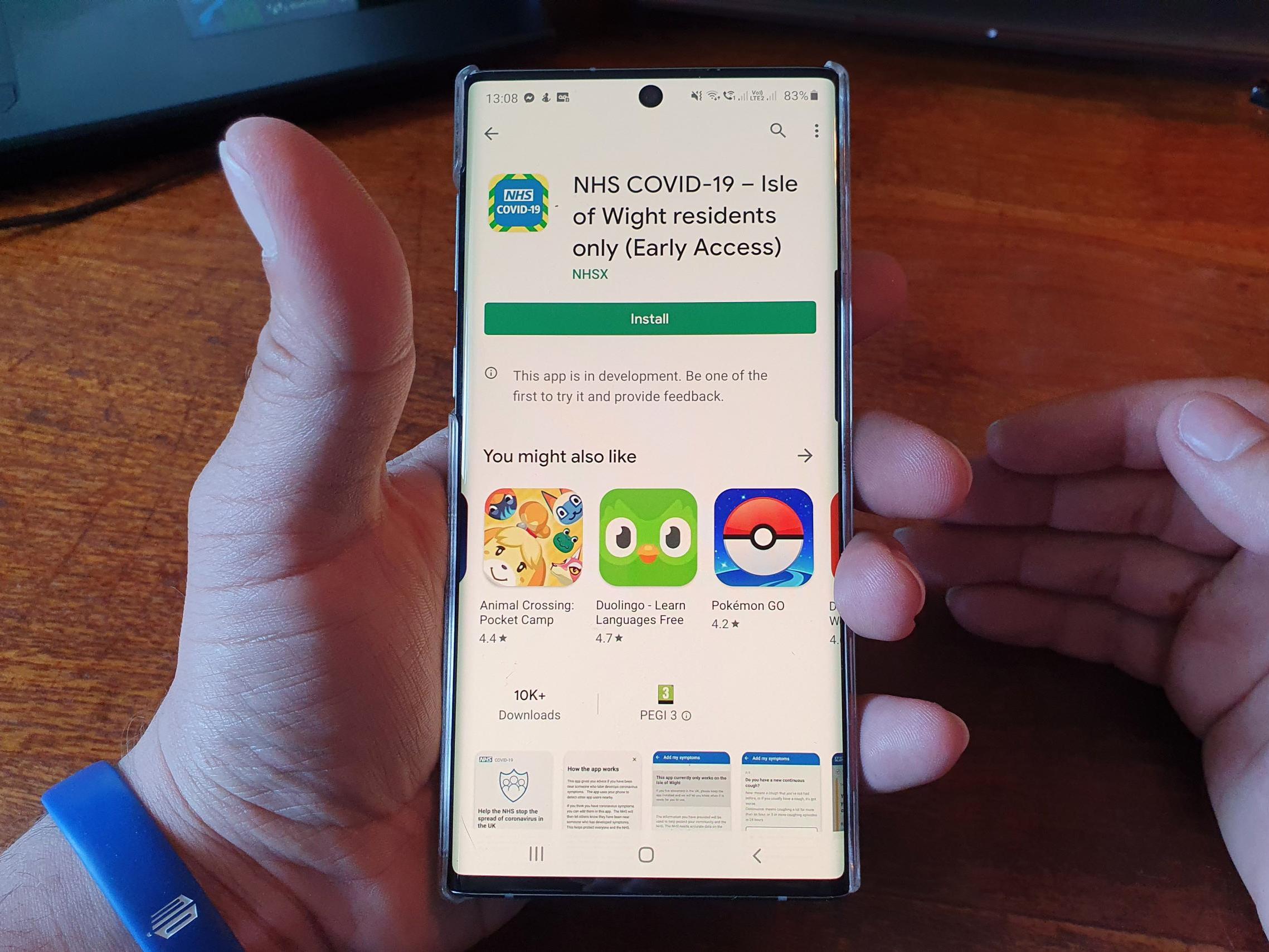
The government has ditched the technology underpinning the delayed NHS contact-tracing app in favour of a new model after the rollout of the programme was beset with problems.
In a major u-turn, ministers announced a switch to a design by Apple and Google – abandoning the custom-made NHS model, which aimed to give the health service greater access to patient data.
The NHS app, designed by the health service’s tech arm NHSX, was understood to have only picked up 4 per cent of contacts on Apple phones and 75 per cent of contacts on Android handsets during pilots.
Download the new Independent Premium app
Sharing the full story, not just the headlines
However the model designed by the tech giants picked up 99 per cent of contacts on both Android and iPhones.
The shift raises questions over how much time was wasted pursuing a bespoke app, and comes after the health minister Lord Bethell admitted that the smartphone app might not be ready for national rollout until the winter.
In a joint statement, Baroness Dido Harding, executive chair of NHS Test and Trace and Matthew Gould, chief executive of NHSX, said: “Our response to this virus has and will continue to be as part of an international effort.
“That is why as part of a collaborative approach we have agreed to share our own innovative work on estimating distance between app users with Google and Apple, work that we hope will benefit others, while using their solution to address some of the specific technical challenges identified through our rigorous testing.
“We will also draw on the invaluable insight from all of those who trialled the app on the Isle of Wight – and the brilliant teams who have worked on it to date – to build an app that can form part of the end-to-end NHS Test and Trace service and this insight will be integral to the next phase of development.”
The app, designed by NHSX, the health service’s technology arm, has been piloted on the Isle of Wight and was expected to play a critical role in curbing the spread of coronavirus as the lockdown eases.
However the national rollout has been repeatedly delayed. The UK-wide launch was originally pencilled in for May but ministers decided to go ahead with launching their test and trace programme without it.
The latest news on Brexit, politics and beyond direct to your inbox
The app was designed to notify users if they have been in close proximity with Covid-19 sufferers by using bluetooth signals from people’s smartphones.
The UK originally opted for a “centralised” design which means the matching between infected person and contact will take place on a central database.
Officials hoped this would allow the NHS to track if there were spikes of coronavirus cases in certain parts of the country.
However other countries have gone for the decentralised model developed by Google and Apple, where the exchange happens on the phone, rather than on a central database, which is favoured by privacy campaigners.
It comes as new NHS data revealed almost eight out of 10 people with Covid-19 were reached by contact tracers within 24 hours of their positive test result.
During the first two weeks of test and trace programme, 87,639 people identified as close contacts of people who had tested positive for Covid-19 were reached through the tracing system.


